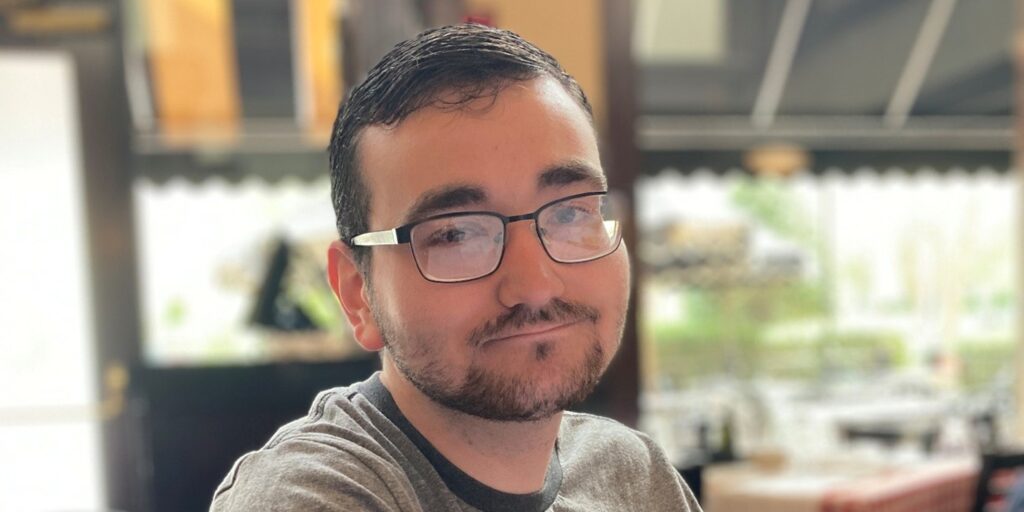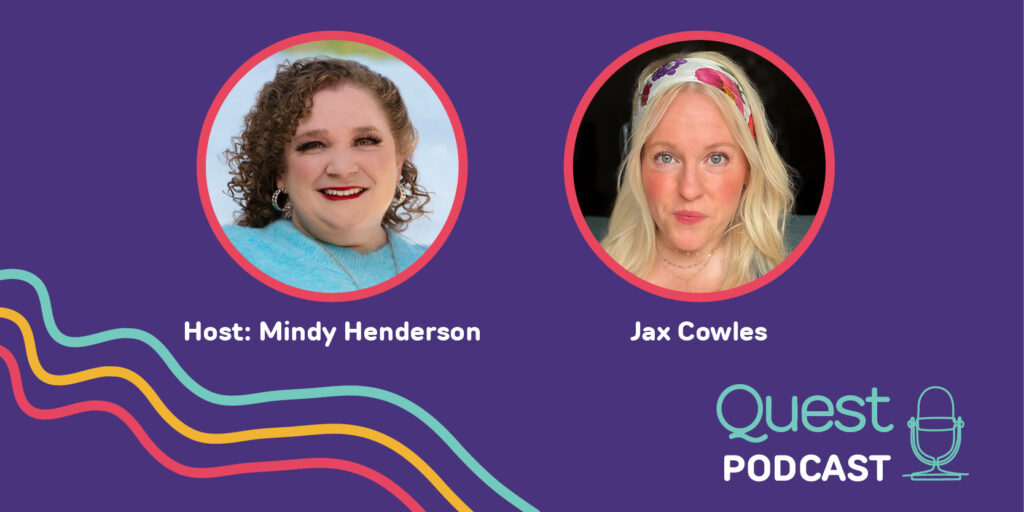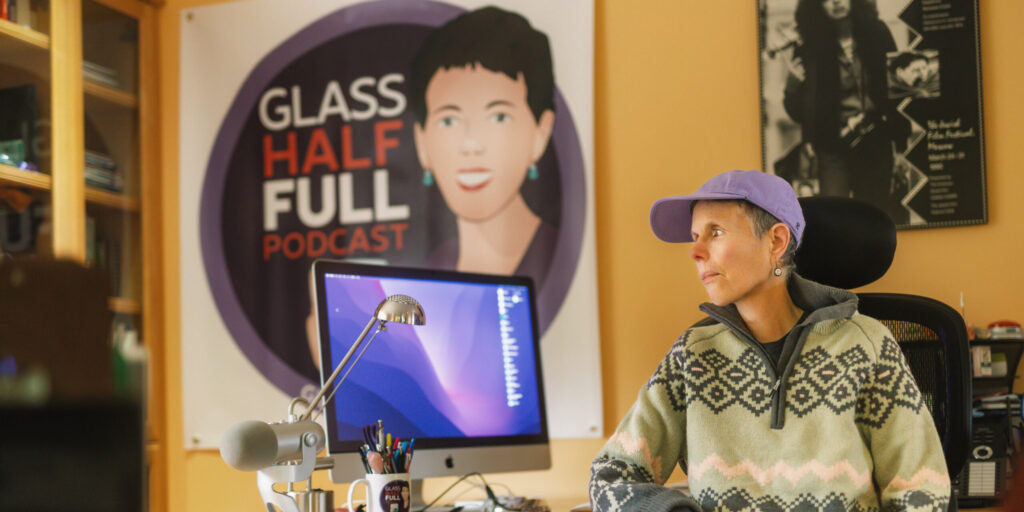
MDA Ambassador Guest Blog: Better All the Time: Fighting Against Bitterness
By Chase Rankin | Friday, September 19, 2025
5 Second Summary
MDA Ambassadors play an essential role in furthering MDA’s mission while representing and empowering the neuromuscular disease community. Quest Ambassador Guest Blog series provides a platform to share their personal stories, perspectives, and experience.
Chase Rankin was diagnosed with Friedreich’s ataxia in the 7th grade. He is now a graduate from the University of North Carolina at Charlotte, with dreams of becoming an author.
Forgive me for stating the obvious: Neuromuscular disease is no fun. It is terrifying, frustrating, deeply saddening, and has countless other negative attributes that combine into a massive cacophony, blaring ceaseless, immutable reminders of your situation. It was a “gift” that was thrown at you, undoubtedly at the worst possible time, and you are now expected to nurture and care for and adapt to this “gift” ad infinitum. Then you look around at your friends, your peers, the world, and see that they do not carry the same burden. They can experience life as it was intended to be, unencumbered by disability and muscle weakness, and untroubled by woe. They have what you desperately long for but will never have—not in this lifetime, anyway—and it’s hard not to resent them for it, them and this society that was not made with you in mind.
Pushing back against pessimism
It is all too easy to find yourself slipping into this pessimistic headspace. Mainly because parts of this thought pattern are undeniably true: Most people do not have to contend with neuromuscular disease and society was not designed with much consideration for those with disabilities. And it is in rumination on these facts that bitterness begins to emerge slowly, gnashing teeth and spewing venom. Then you begin to view yourself as wholly different from everyone, and that you are fated to one immovable station in life. A single defining trait that you struggle to embrace, but cannot escape: A person with a disability.
I have also been down this path, and although “person with a disability” is not necessarily an incorrect descriptor for myself, I have found a word that fits neatly at the end of that statement: “and.” In other words, while my disability is visibly undeniable (I am a wheelchair user), and while my disability has, for various reasons, come to be a part of my identity, I do not let my definition of my personhood end at “disabled.” I take into account who I am and my accomplishments, namely being a college honors graduate, writer, and (fingers crossed) will-be published author. This way of viewing myself has helped shape the way that I perceive my disability. While it is burdensome and challenging to wrestle with, it is important to recognize that I am more than my disability, and the obstacles that it throws my way are nothing more than stumbling blocks compared to my achievements despite them.
We all have our own journeys
And although these stumbling blocks may not be present for able-bodied individuals, it is important to remember that this is no fault of their own. Just as you and I were born with a neuromuscular disease with no say in the matter, so too were those without. It can be easy to compare yourself to someone who is unburdened by muscle disease, and even easier to become bitterly jealous of them. In moments like these, I remind myself of something a wise man once told me: “We all have our own journeys.” This simple quote reminds me that everyone, regardless of ability, has their own story, complete with triumphs and struggles of their own. While there is truth that many spend their lives unobstructed by neuromuscular disease and the heartache that comes with it, this is no guarantee of a perfect life. Everyone has their own struggles, disability-related or not. In moments where I find myself comparing my life with others, I remind myself that no one is perfect, and that everyone has something they are dealing with. This helps me to remember that, although it may come from a different source, no one truly struggles alone.
Positive doesn’t mean perfect
None of this is to say that I am perfect; anyone who knows me could tell you that I am far from it. I have been through good days and bad, seasons of happiness and of grief. I aim to focus on my strengths and accomplishments, that all-powerful AND after disability, and I am usually able to stay rather positive through that perspective. Of course, I have moments where even I can succumb to some of the negative and bitter sentiments that I’ve described, as much as I hate to admit it. And if this also happens to you, that’s fine. There are moments where the sadness and the frustration can grow to be too overwhelming, and you may find yourself slipping into these bitter headspaces. Even when this happens, I strive to maintain and promote a more positive approach, one where we view our disabilities—and everything that accompanies them—in a more positive light. Rather than viewing our limitations as something that separates us from others, they should instead be seen as something that can bring us together; something that unites us. After all, it is our imperfections and our shortcomings, every last one, that make us all human.
Next Steps and Useful Resources
- For more information about the signs and symptoms of Friedrich Ataxia, as well an overview of diagnosis and treatment concerns, an in-depth review can be found here.
- Learn more about Chase’s experience with new treatments here.
- To learn more about MDA’s Mental Health Hub, visit here.
- MDA’s Resource Center provides support, guidance, and resources for patients and families. Contact the MDA Resource Center at 1-833-ASK-MDA1 or ResourceCenter@mdausa.org
- Read a Simply Stated about FA here.
- Stay up-to-date on Quest content! Subscribe to Quest Magazine and Newsletter.
TAGS: Ambassador Guest Blog, Ambassadors, College, Community, Mental Health, Young Adults
TYPE: Blog Post
Disclaimer: No content on this site should ever be used as a substitute for direct medical advice from your doctor or other qualified clinician.




